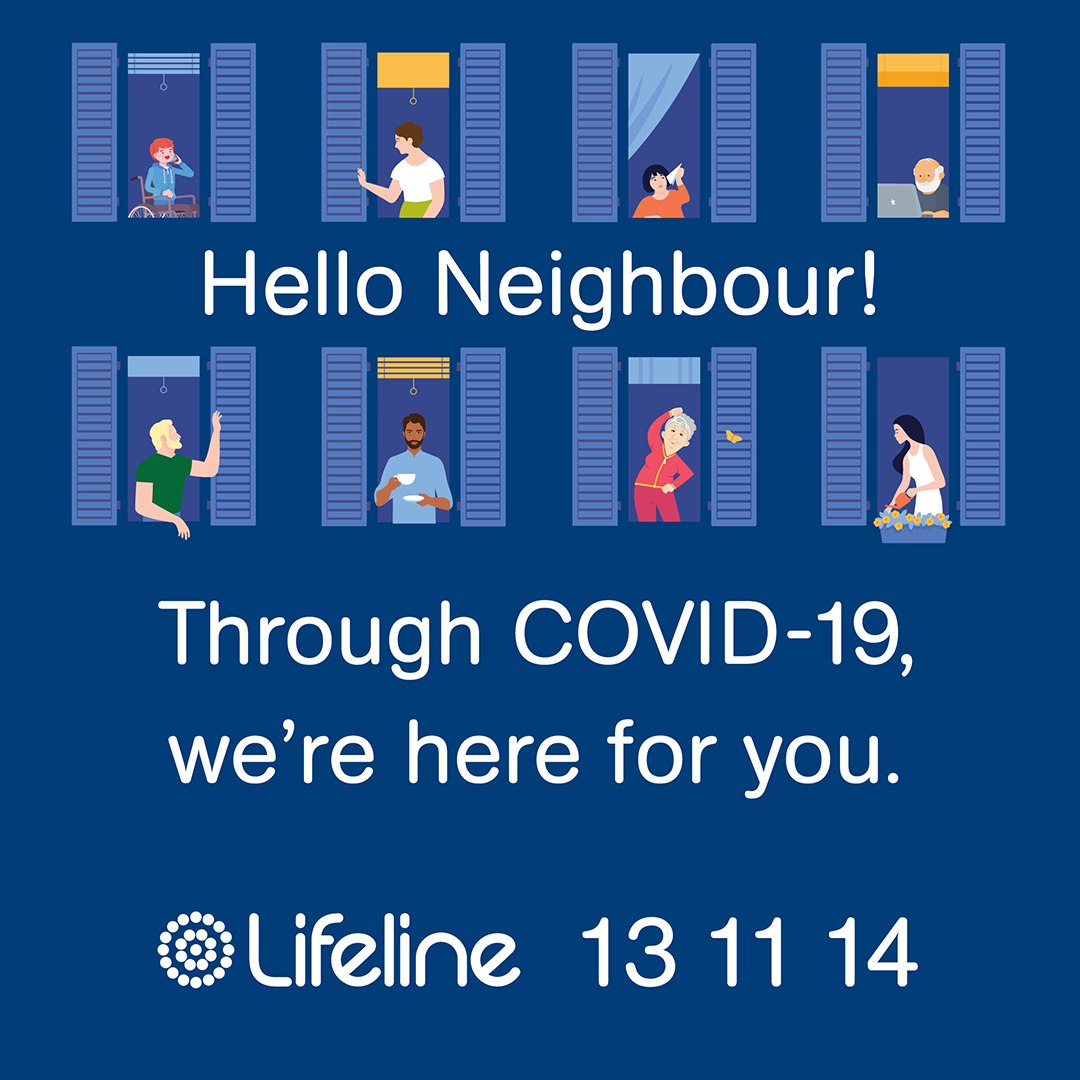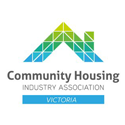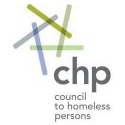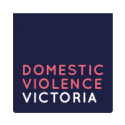Women’s Housing
All women have the right to safe, secure, affordable housing choices.
Women’s Housing Limited (WHL) is a not for profit organisation that provides low costs housing to women at risk of homelessness. Women and their children make up an increasingly large percentage of those in need of affordable housing. Those groups that are likely to experience housing stress include older women over 55 and women who are forced to leave their home because of family violence.
Since becoming a Housing Provider, WHL has significantly expanded and diversified it’s housing portfolio and housing development capacity. WHL has both the capacity and experience to deliver large-scale housing projects aimed at meeting the ever-growing demand. WHL will continue to advocate for the housing needs of women and children and contribute to the growth of affordable housing stock.
WHL also provide additional services including:


Since our establishment in 1997, we’ve been listening to and validating women’s experiences, and acting as their voice in the housing sector.
Want To Make A Donation
Please click on the Make a Donation logo to donate to Women’s Housing Ltd through the Give Now website.
Quick Links
MadCasino est l'endroit idéal pour découvrir des bonus généreux qui augmentent vos chances de gagner gros sur vos jeux préférés.
instant casino offre une vaste sélection de jeux en ligne, où chaque mise peut vous rapprocher de gros jackpots et de gains impressionnants.
Nine Casino propose des paris palpitants sur des jeux en direct, vous permettant de vivre l'excitation d'un vrai casino depuis le confort de votre foyer.
Lucky31 est réputé pour ses offres de bonus attractives, parfaites pour maximiser votre expérience de jeu et vos mises dans un environnement sécurisé.
Here’s What You Need to Know…
Important Statewide update to Third Step and further easing of restrictions for Victoria effective from 8 November 2020. Key points:
Stay safe, no restrictions on reasons to leave the house or distance
If you can work from home, you must continue to work from home
Travel between regional Victoria and metropolitan Melbourne permitted
Face masks are mandatory, ensure you wear a face mask in public and in situations where you are unable to social distance. Face shields, bandanas and scarves are no longer sufficient. A face mask should cover the nose and mouth.
Ten people may gather outdoors from any number of households
Each day, a household can receive up to two different adult visitors per day, either together or separately
Community spaces like libraries, RSLs, neighbourhood houses can open to limits on number of people
Entertainment venues and accommodation will be able to open, including theatres, galleries, museums and music halls
For more information click here.
As restrictions ease it is more important than ever that we take steps every day to keep ourselves and others safe. Remember to wash hands regularly, wear a face mask, practice respiratory hygiene, maintain social distance, meet outdoors where possible, if you have symptoms get tested and stay home and most importantly if you are unwell stay home.
Women’s Advisory Group
The Women’s Advisory Group (WAG) is a group of Women’s Housing Ltd tenants that provide a voice into the operations of the organisation. The WAG have been meeting monthly since April 2018. During this time the group have reviewed policies, provided feedback on recommended changes for the Women’s Housing Ltd website and they have created a community engagement plan for 2019 and 2020.
Tenants interested in taking part in the WAG should contact Lindy Parker, Operations Manager to learn more about the group and what it entails.
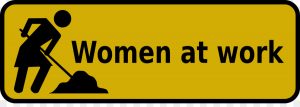
Women’s Housing Ltd’s Response to State of Emergency
Women’s Housing Ltd’s aim is to protect staff and their families, contractors, tenants and volunteers from exposure to COVID-19. Our response measures aim to minimise any risk to the community and potential disruption of services through this time.
Women’s Housing Ltd will continue to provide services to our tenants and clients. During this time our office hours will be reduced from 10-3pm. People are advise to call Women’s Housing Ltd on 9412 6868 or email on info@womenshousing.com.au. Staff can be contacted on their usual email addresses and direct office lines.
Support for our tenants and clients is crucial at this time. Women’s Housing Ltd will continue to communicate with tenants and clients through text messages, telephone calls and emails and post updates on our website when required.
Due to social distancing policies adopted by Women’s Housing Ltd, Tenancy and Maintenance officers will only attend properties if it is absolutely necessary. However, officers will contact tenants on a regular basis to keep you updated and informed. All essential maintenance will be undertaken and a policy is being developed on how to deal with urgent maintenance if contractors stop attending properties.
These are extraordinary times.
Keep safe everyone!
Crisis Support
COVID-19 adds another level of stress, anxiety and loneliness to many Australians. Lifeline will be available right through the COVID-19 pandemic for any person who needs support. You can talk to a Crisis Supporter on 13 11 14 (24 hours / 7 days), or via text: 0477 13 11 14 (6pm – midnight AEDT, 7 nights) or online at www.lifeline.org.au (7pm – midnight AEDT, 7 nights).
